Instagram turns 10: but is it breaking us or making us more human?
Happy birthday Instagram! A simple photo-sharing app was born on 6 October 2010 and changed the world for better or worse. Now home to more than a billion active users, author Daisy Buchanan examines her complicated relationship with it


Happy birthday Instagram! A simple photo-sharing app was born on 6 October 2010 and changed the world for better or worse. Now home to more than a billion active users, author Daisy Buchanan examines her complicated relationship with it
Instagram turns 10 and here I am, 35 years old with a love-hate relationship with the 'gram. When I first downloaded it, I treated it as a place to keep pretty pictures (yellow leaves on foggy days) and silly pictures (when someone took the trouble to paint the ‘l’ into an ‘n’ onto the sign for Seafront Walk.) I could go for months without looking at it or thinking about it.
A decade later, the sight of that rainbow square, smaller than my thumb print, triggers real feelings. I ‘check’ Instagram, the way I ‘check’ my emails and my bank balance. It leaves me feeling giddy, weary, anxious, euphoric and sick.
The social dilemma
As Instagram turns 10, since its launch the app has introduced Stories, IGTV and now, Reels, arguably in response to TikTok. It seems every aspect of the Instagram experience is dedicated to encouraging us to find another part of our lives to live online. I have two conflicting thoughts about this. The Netflix documentary The Social Dilemma has crystalised one response. No! Stop! Smell a flower! See the sky! Be with people! Computer land is bad, and it’s making us unhappy! We can’t go on like this where we are subletting our self-esteem to strangers.
The talking heads on The Social Dilemma keep reiterating, if we’re not paying for the product, we are the product. When I talk to my peers about Instagram, we use the same sentences we use about our relationship to alcohol. When we use it too much, too often, we feel terrible. We want to cut down, we want to stop but we don’t know how and that scares us.
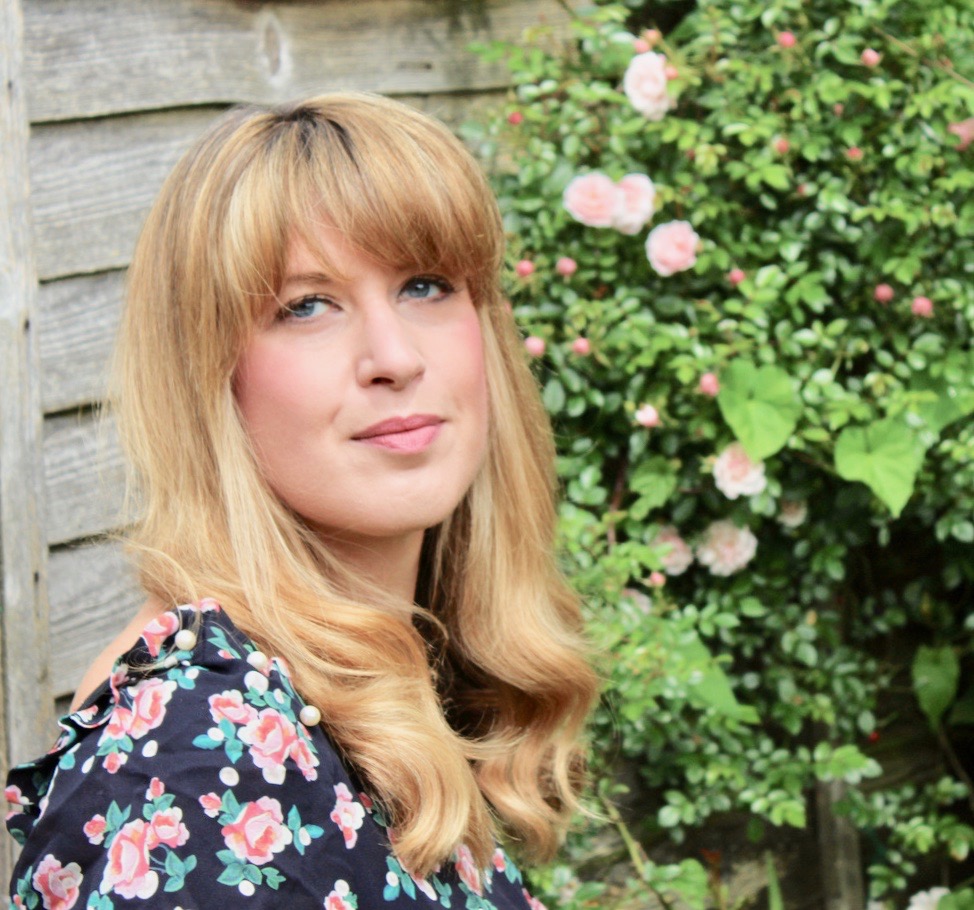
Let me stress, I was in my late twenties before this platform existed, and I struggle to use it in a way I can regulate, mentally and emotionally. What would it have been like to be so very connected, and so confused, from the age of 12?
The Social Dilemma is also haunting me, with one specific statistic. In the US, rates of self harm among 10-14 year old girls has trebled. The escalation is similar in the UK. These numbers make me feel desperately worried. It seems hopelessly simplistic to blame ‘social media’, yet now as Instagram turns 10, it’s hard to ignore the link. Some of society’s most vulnerable people became more prone to mental health struggles, when our phones started to run our lives. Sometimes I hate my phone for telling me I’m not popular enough, and pointing out who I should be comparing myself to.
Marie Claire Newsletter
Celebrity news, beauty, fashion advice, and fascinating features, delivered straight to your inbox!
Instagram's support system
Still, I’m aware it can also be life affirming, allowing many talented people to find their audience. Especially those excluded from mainstream media. As journalist Kat Brown said on BBC's Unpopped podcast, ‘Instagram is not Instagram. It's millions and millions and millions of people.’ My privileges mean it's never been hard to see myself represented, or to find communities to connect with. But Instagram is a ‘we’. The people who make it great are the ones who don’t have those privileges.
‘We’ includes new mums in remote parts of Scotland, who are comforting and supporting new mums in remote parts of Cornwall. And ‘We’ is the model Nyome Nicholas–Williams @curvynyome, disrupting and challenging everything the fashion industry claims is gorgeous, sexy and worth paying attention. The ‘We’ includes Clare Seal, aka @myfrugalyear, using her platform to tell her 65,000 followers how it feels to be £25,000 in debt, and how she's paying it off.
The sexist problem
The first pic taken on Instagram was shot by a man. Kevin Systrom, the app's CEO and co-founder captioned a cute dog pic (scroll back up) 'test', and uploaded it a few months before his idea was launched to the public. But according to Pew Research, women are more active users than men. Perhaps that’s why people rush to dismiss Instagram. It isn’t just that it’s ‘bad’, its users aren’t taken seriously. Instagram's a space where women launch successful businesses but I bet you know someone (aka a man) who dismisses it as a dumb place where we're in thrall to pouty selfies and kitten pics.
I believe there's a small but not insignificant group of latent misogynists making fun of the culture Instagram has spawned, because it scares them. When we’re behind the camera and in front of it at the same time, we take their power away. Recently the model Emily Ratajkowski wrote a powerful piece for New York magazine about her experience of being assaulted, then exploited, by a photographer. Ten years and 26.8 million followers ago, when models were faces, not voices, would any news outlets have made room for her to tell that story?
How is Instagram serving you?
At its best, Instagram is a great place because of the work of kind creative humans. However, The Social Dilemma suggests social media is set up to exploit and drain that humanity. The evil genius of Instagram - of all social media - is we are all supplying, for free, the content that keeps users using. In her book, Trick Mirror, Jia Tolentino wrote: ‘Selfhood has become capitalism’s last natural resource.’ Supply and demand starts and ends with us. Perhaps this is why we’re all feeling a little burned out and chewed up. We’ve been cannibalising ourselves for the last decade.
I hope one day we’ll look back at our constant, mindless scrolling and swiping and we’ll be baffled. Not by what we were looking at, but by the idea we were looking for so long. And for allowing our feelings to be dictated by what we saw without applying any context to it. Perhaps we need to reflect on 10 years of Instagram by asking ourselves how it is serving us. Because it is serving us, whether it’s a source of connection, or creativity, or a crutch. When does it make us feel nourished? When do we reach for it because we simply cannot bear to be inside our own heads?
Question your motives
The US professor Brené Brown said: ‘Stop walking through the world looking for confirmation that you don’t belong.’ I have reached for Instagram when I’ve been feeling low or anxious, and unconsciously searched for this confirmation. That ends now. I think that’s what we need to tell the people who struggle with it. Not ‘This thing you can’t stop looking at is bad for you, don’t do it’ but ‘This is a powerful tool, and it’s designed to be highly addictive. Let’s look for ways to use it with care and purpose.’
We've been given the chance to create and curate our own corners of the internet. I want to use mine to generate joy. I don’t know whether I’ll still be using Instagram in 10 years time. I do know that the app, and its users, will continue to shape the world. I can hide from that fact and resent it. Or I can join in and create on my own terms. Not just for the 'gram.
* Daisy Buchanan is the host and co creator of You’re Booked, the chart-topping podcast where she interviews writers ranging from Curtis Sittenfeld to Richard Ayoade about the books on their shelves, and the stories that have shaped them
* Daisy's first novel, Insatiable: A Love Story For Greedy Girls, will be published February 2021. A limited-edition signed version is available to preorder from Waterstones
Maria Coole is a contributing editor on Marie Claire.
Hello Marie Claire readers – you have reached your daily destination. I really hope you’re enjoying our reads and I'm very interested to know what you shared, liked and didn’t like (gah, it happens) by emailing me at: maria.coole@freelance.ti-media.com
But if you fancy finding out who you’re venting to then let me tell you I’m the one on the team that remembers the Spice Girls the first time round. I confidently predicted they’d be a one-hit wonder in the pages of Bliss magazine where I was deputy editor through the second half of the 90s. Having soundly killed any career ambitions in music journalism I’ve managed to keep myself in glow-boosting moisturisers and theatre tickets with a centuries-spanning career in journalism.
Yes, predating t’internet, when 'I’ll fax you' was grunted down a phone with a cord attached to it; when Glastonbury was still accessible by casually going under or over a flimsy fence; when gatecrashing a Foo Fighters aftershow party was easy-peasy-lemon-squeezy and tapping Dave Grohl on the shoulder was... oh sorry I like to ramble.
Originally born and bred in that there Welsh seaside town kindly given a new lease of life by Gavin & Stacey, I started out as a junior writer for the Girl Guides and eventually earned enough Brownie points to move on and have a blast as deputy editor of Bliss, New Woman and editor of People newspaper magazine. I was on the launch team of Look in 2007 - where I stuck around as deputy editor and acting editor for almost ten years - shaping a magazine and website at the forefront of body positivity, mental wellbeing and empowering features. More recently, I’ve been Closer executive editor, assistant editor at the Financial Times’s How To Spend It (yes thanks, no probs with that life skill) and now I’m making my inner fangirl’s dream come true by working on this agenda-setting brand, the one that inspired me to become a journalist when Marie Claire launched back in 1988.
I’m a theatre addict, lover of Marvel franchises, most hard cheeses, all types of trees, half-price Itsu, cats, Dr Who, cherry tomatoes, Curly-Wurly, cats, blueberries, cats, boiled eggs, cats, maxi dresses, cats, Adidas shelltops, cats and their kittens. I’ve never knowingly operated any household white goods and once served Ripples as a main course. And finally, always remember what the late great Nora Ephron said, ‘Everything is copy.’
-
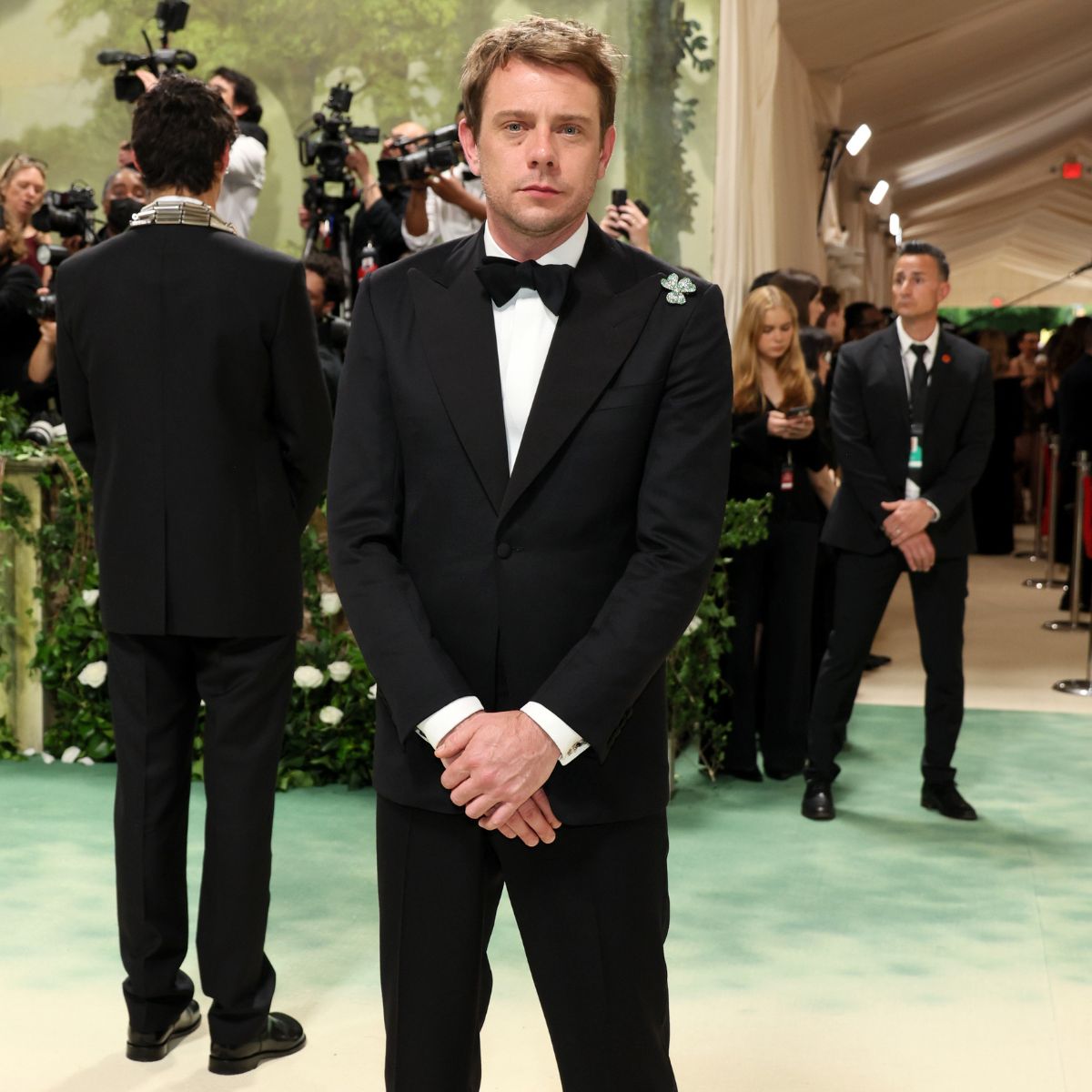 Jonathan Anderson is going to Dior Men
Jonathan Anderson is going to Dior MenHis debut collection will be this June
By Mischa Anouk Smith
-
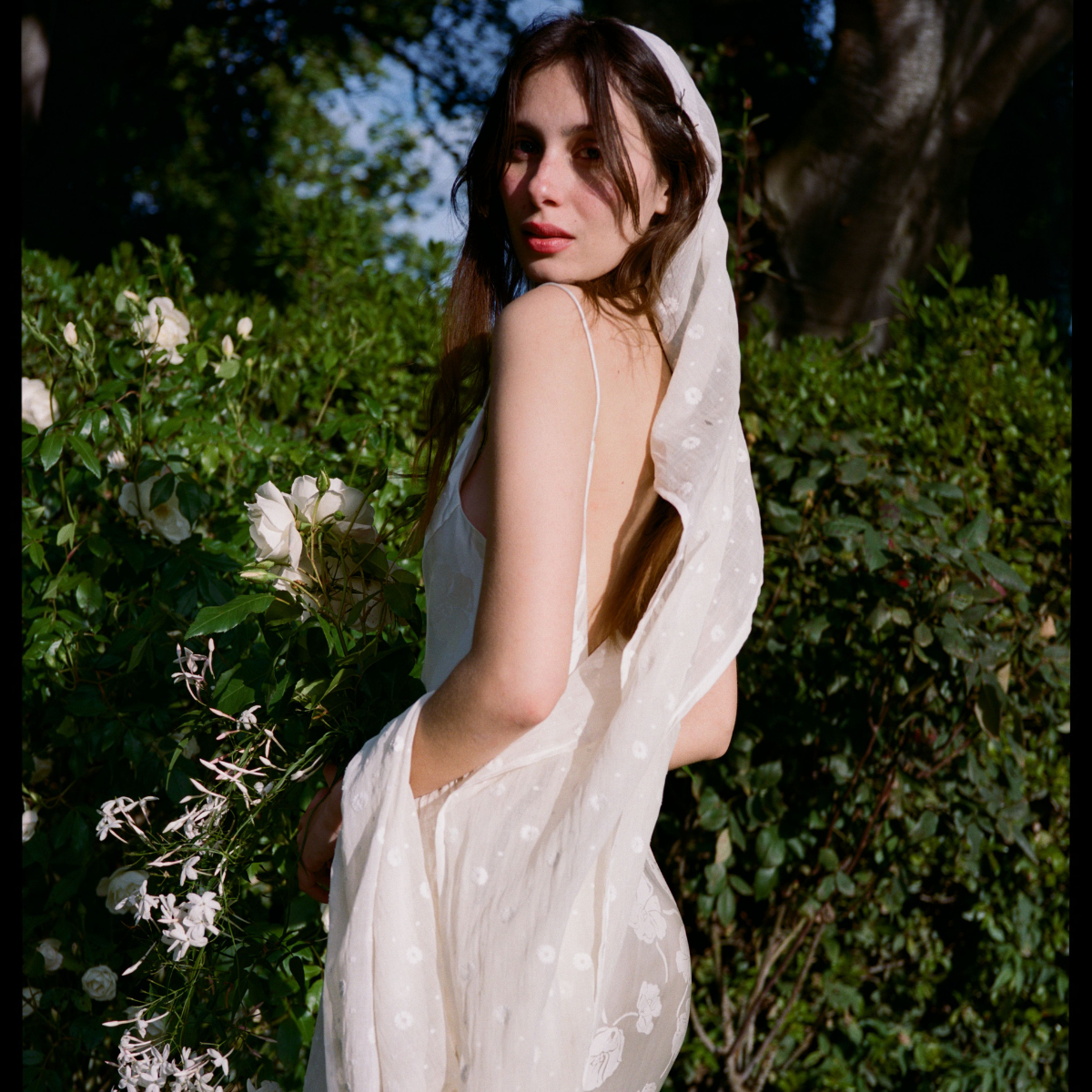 I'm a 2025 bride and these are the best affordable wedding dresses I've found
I'm a 2025 bride and these are the best affordable wedding dresses I've foundLess than £1,000 but still the height of chic
By Sofia Piza
-
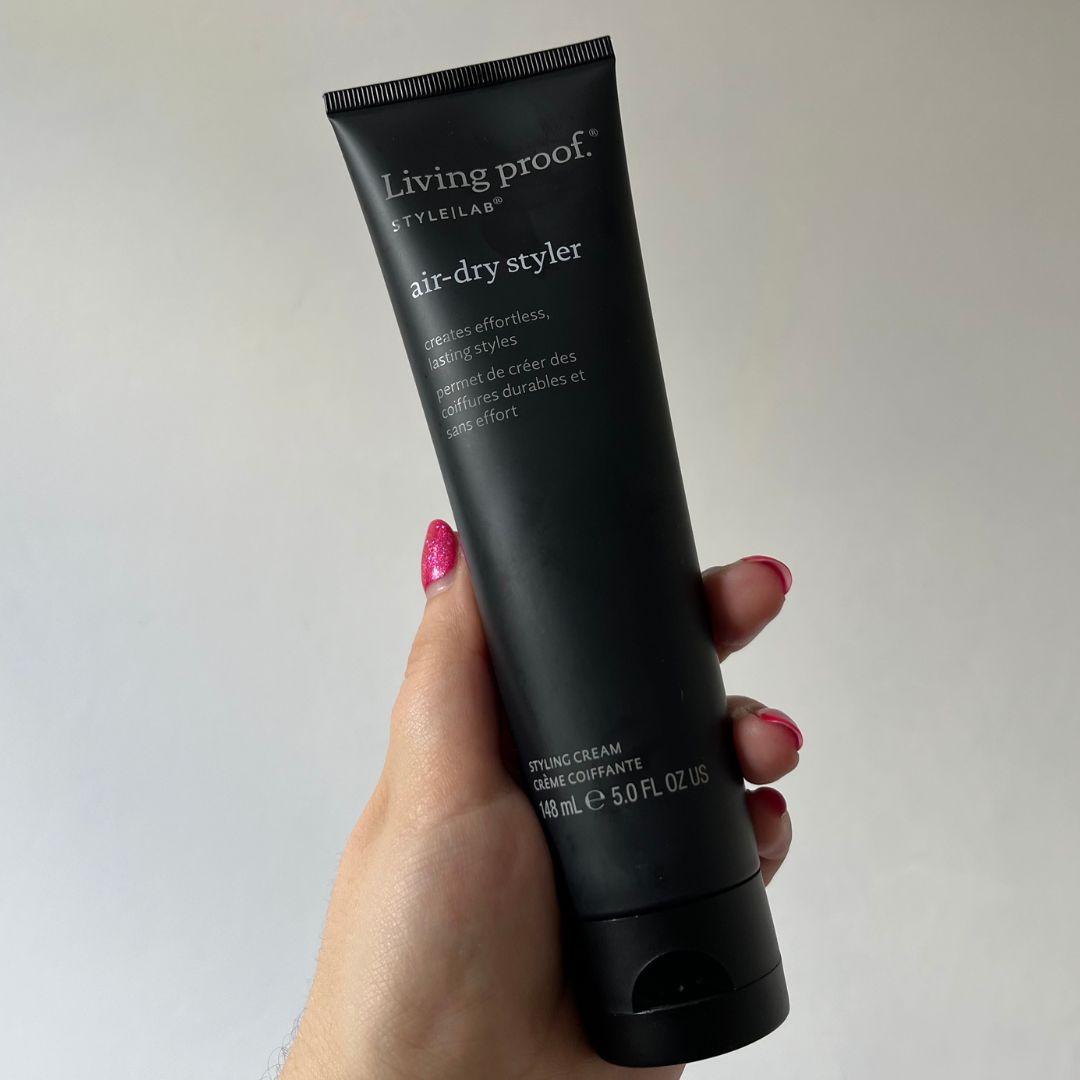 I haven't worn my hair completely natural for years, but this air-dry styling cream has made me love my waves again
I haven't worn my hair completely natural for years, but this air-dry styling cream has made me love my waves againI will never be without this
By Amelia Yeomans
-
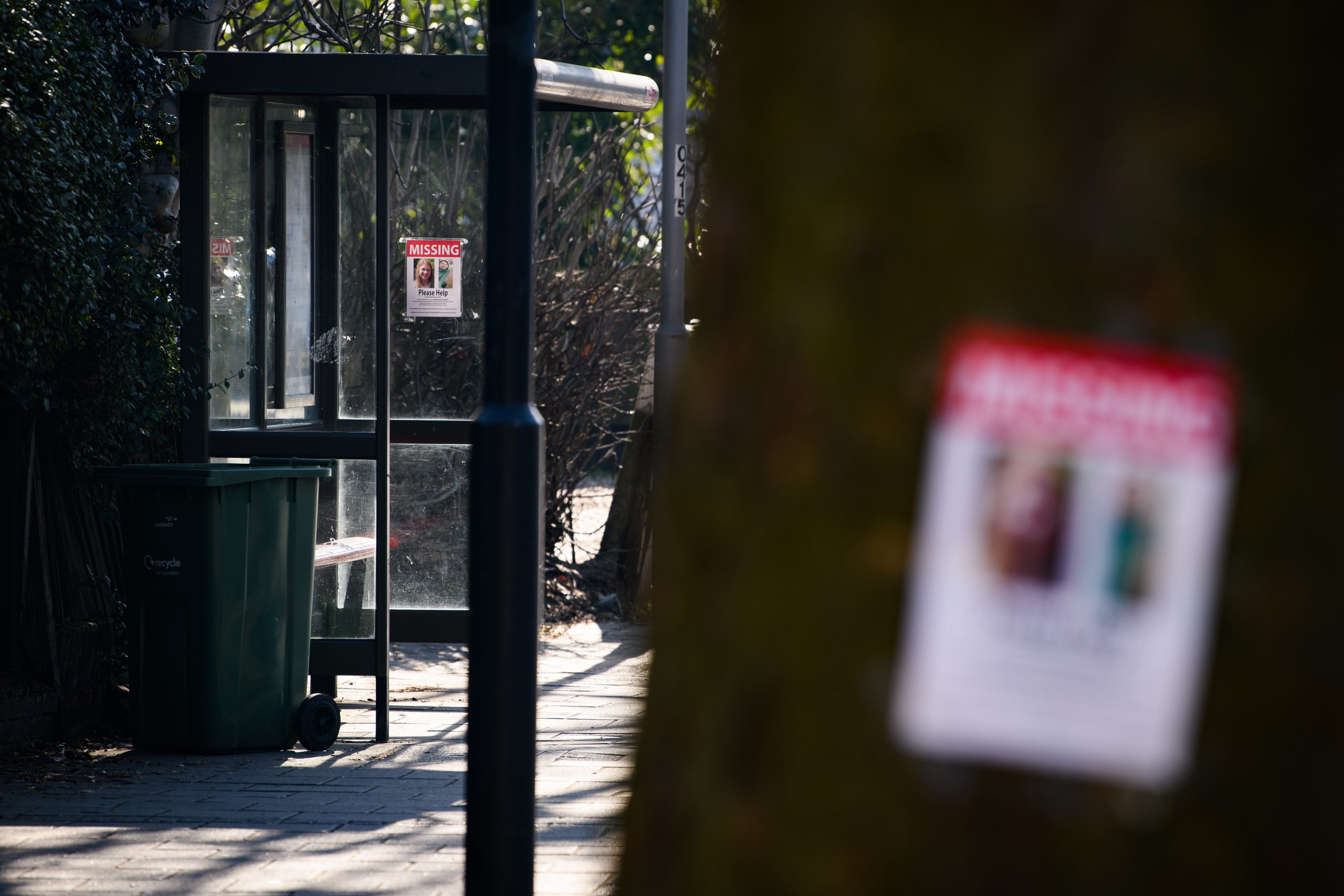 ‘If you’re using the #NotAllMen hashtag, you’re part of the problem’
‘If you’re using the #NotAllMen hashtag, you’re part of the problem’By Jenny Proudfoot
-
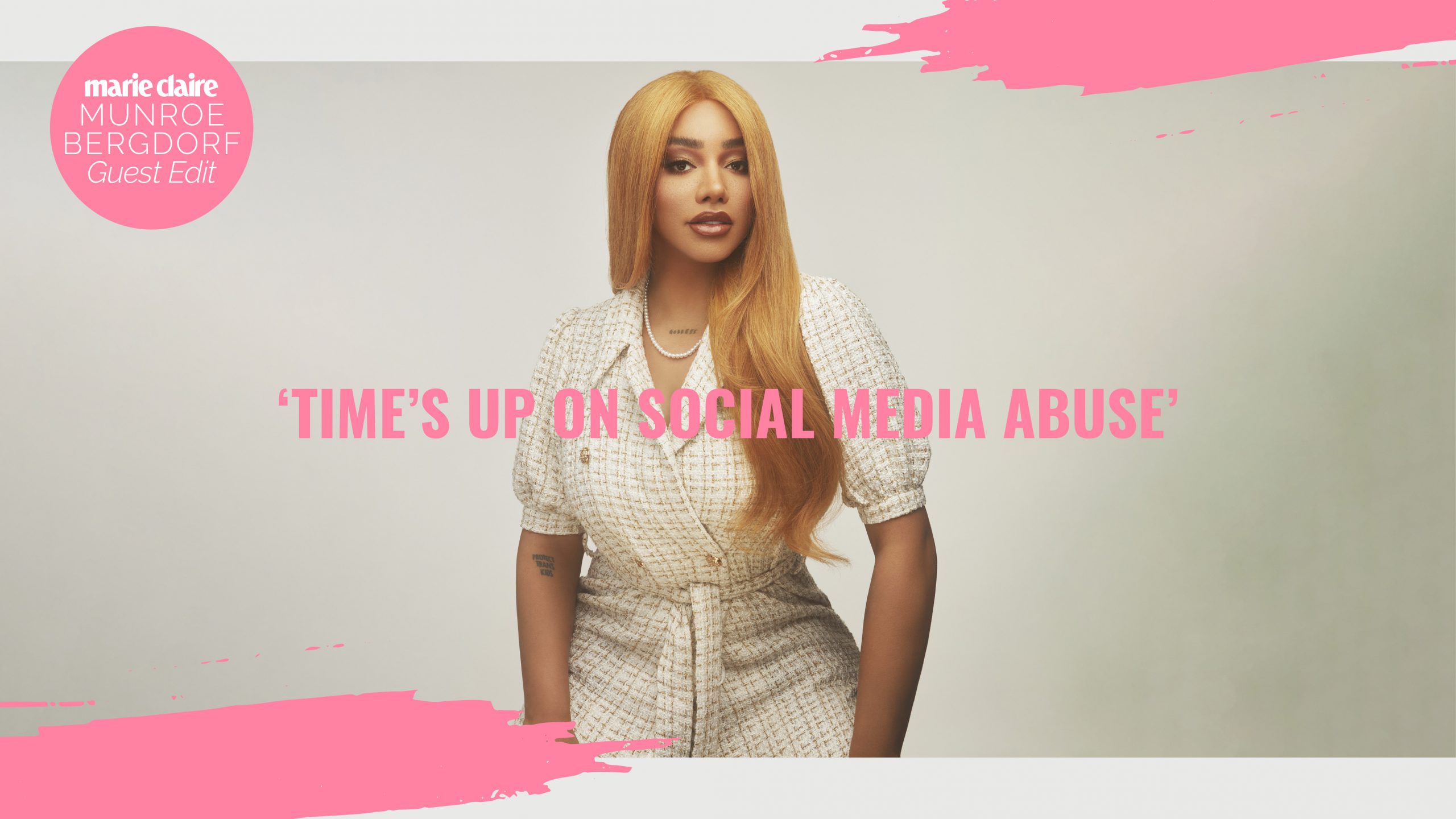 Munroe Bergdorf: 'Time's up on social media abuse'
Munroe Bergdorf: 'Time's up on social media abuse'Activist Munroe Bergdorf on why 2021 must be the year of lasting, impactful change online
By Sophie Goddard
-
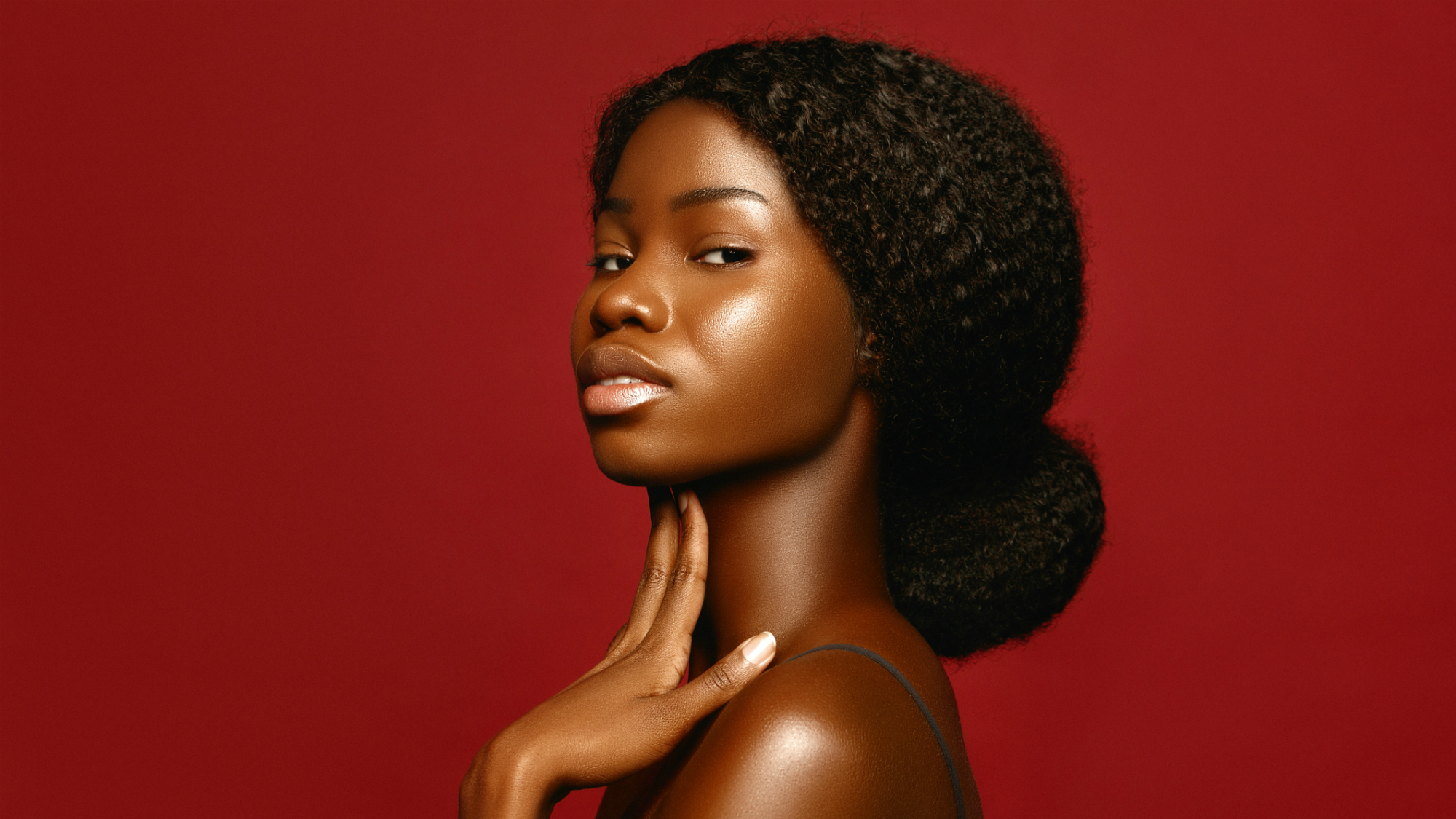 After the Candice Brathwaite TV show storm: 'Are we finally ready to talk about colourism?'
After the Candice Brathwaite TV show storm: 'Are we finally ready to talk about colourism?'Ateh Jewel, Marie Claire's beauty columnist, talks about the Candice Brathwaite and Rochelle Humes docu debacle and why colourism - the preferential treatment of lighter-skinned individuals compared with darker-skinned Black people - must finally be acknowledged and action taken
By Ateh Jewel
-
 'We cannot ignore the white privilege on display at last night's Capitol Hill riot'
'We cannot ignore the white privilege on display at last night's Capitol Hill riot'By Jenny Proudfoot
-
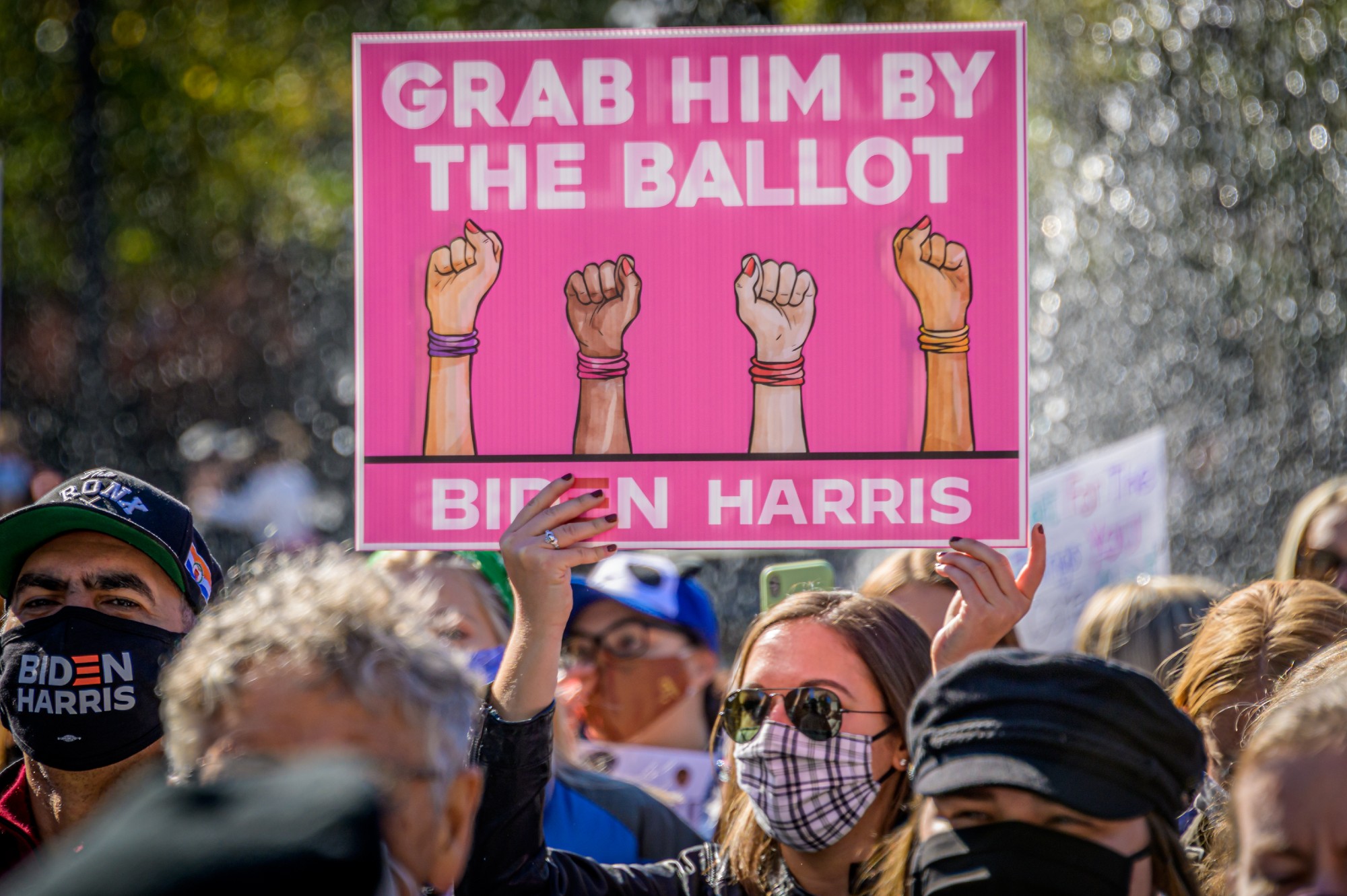 US Election 2020 - An Insider Tells All: ‘There’s no coming back from this, is there’
US Election 2020 - An Insider Tells All: ‘There’s no coming back from this, is there’Days before the most consequential election ever, Becca Andrews, a journalist at US news site Mother Jones, reveals what it's like living in Trump’s America and why, along with tens of millions, she’s holding her breath expecting the worst
By Marie Claire
-
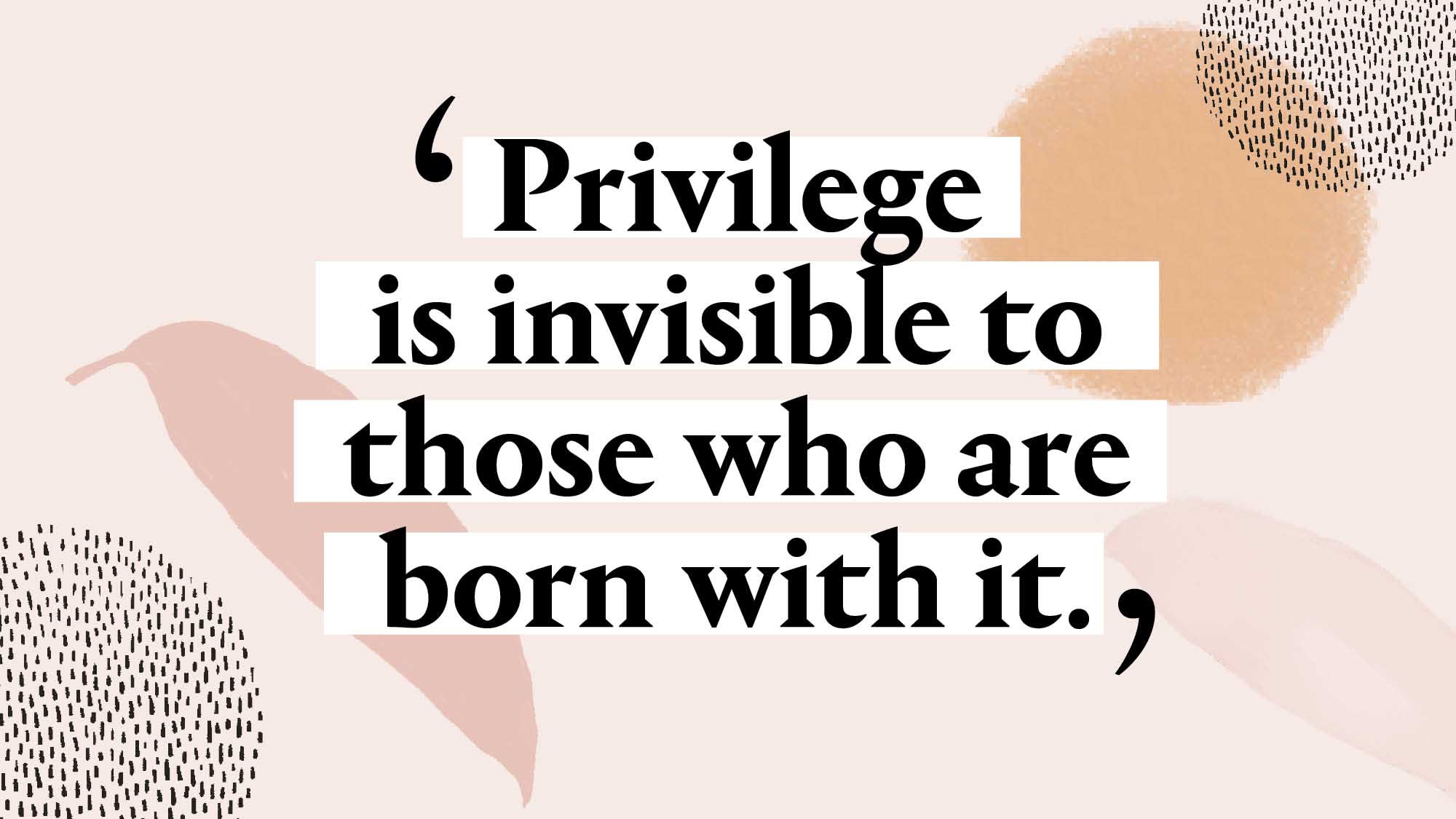 'Why do we still have a problem with race?' asks anti-racism activist Layla F Saad
'Why do we still have a problem with race?' asks anti-racism activist Layla F SaadHow do you become a better anti-racist ally in 2020? For starters, recognise that if you're white and privileged, you're probably helping uphold an oppressive system. On Black History Month, we're shining a spotlight on what Layla. F Saad, author of Me and White Supremacy, has to say about shutting down racism
By Marie Claire
-
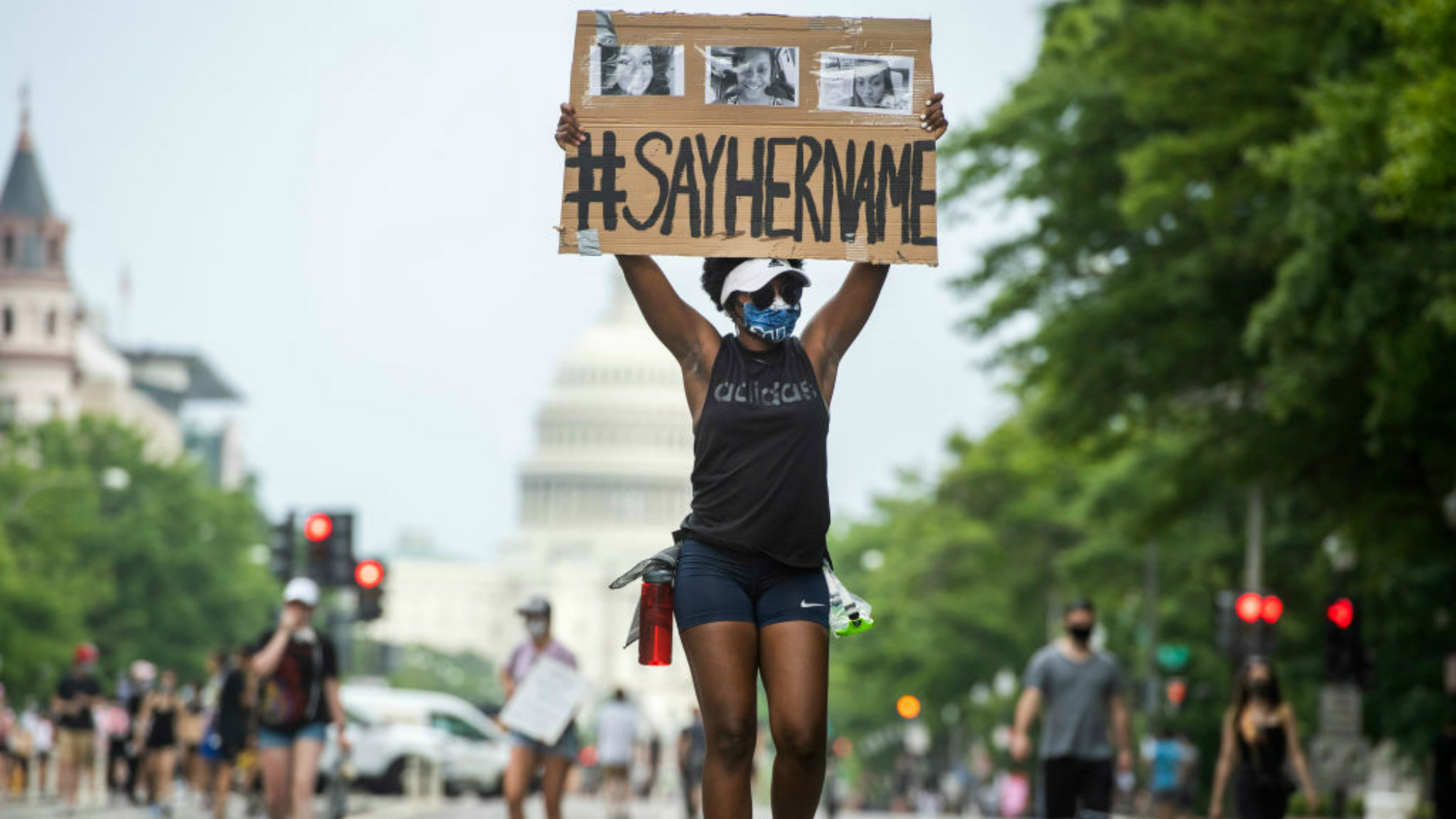 Hunger strikers demand justice for Breonna Taylor
Hunger strikers demand justice for Breonna TaylorBlack Lives Matter protests are still reverberating and now protesters in the US are on hunger strike seeking justice for Breonna Taylor, a woman killed at home by police in March. Marie Claire's Dami Abajingin asks why the killing of black women is rarely centre stage in narratives about police brutality and why #SayHerName matters
By Marie Claire
-
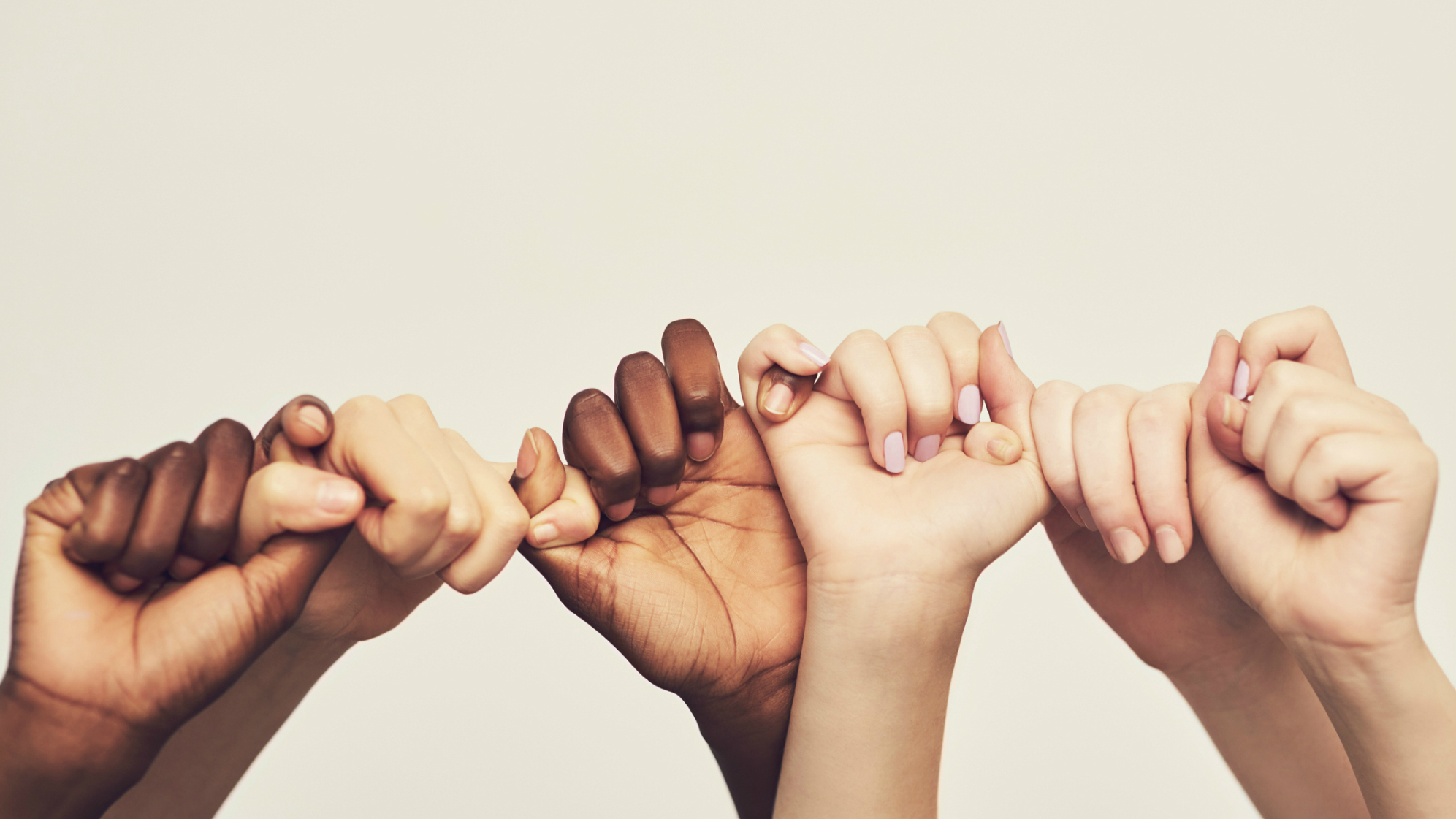 Dear White Mumfluencers, we need to talk about being an anti-racism ally
Dear White Mumfluencers, we need to talk about being an anti-racism allyMy name is Zeena Moolla. Like you, I'm a part of your world, albeit my Word To The Mothers occupies a far less frequented space. I apologise for the unsolicited nature of this address, but I felt we needed to talk...
By Marie Claire